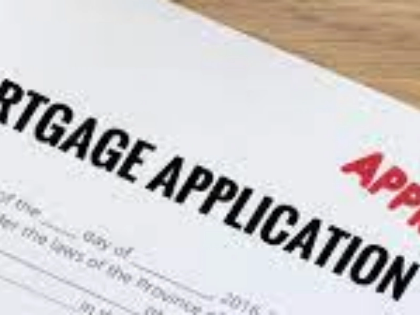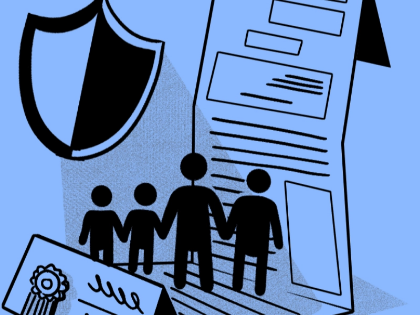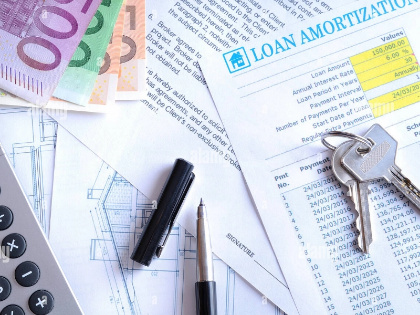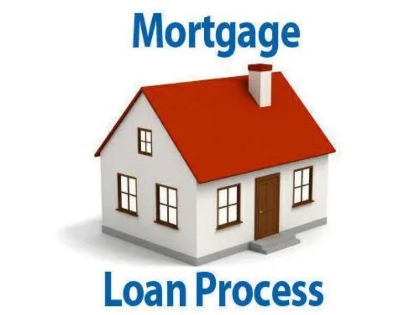Is It A Good Idea To Refinance Your Mortgage In Order To Consolidate Debt?
Your higher-interest obligations are effectively transferred into your mortgage at a cheaper rate through a mortgage refinance for debt consolidation. Also, it can reduce the number of accounts you need to keep track of every month.
Carefully analyze your options before deciding to consolidate your debt. Interest rates on credit cards are usually substantially higher than those on mortgage refinancing.
Prices
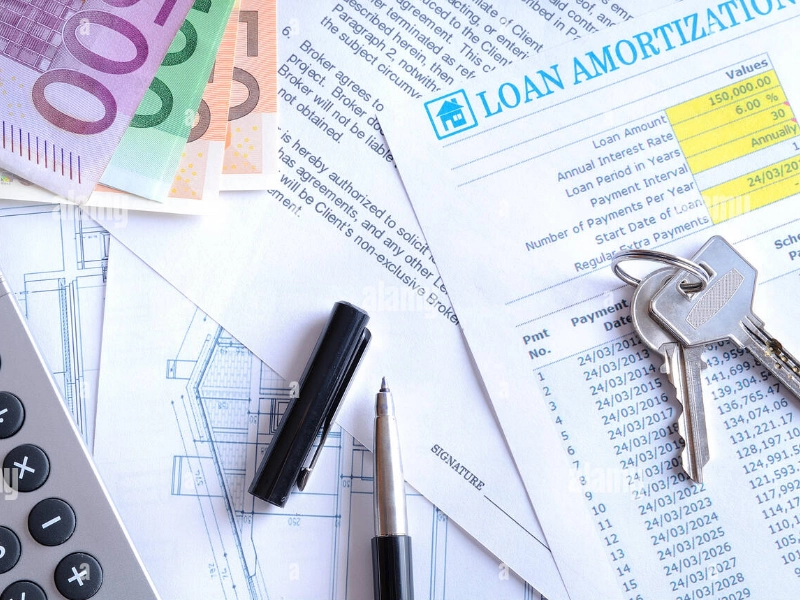
Just like with a first home loan, there are up-front charges involved with refinancing your mortgage. This can total thousands of dollars and includes fees from lenders and service providers. It's crucial to compare these costs with the possible savings that remortgage for debt consolidation can offer.
Due to the often extremely high interest rates associated with credit card loans, homeowners with large credit card debt may find that refinancing for debt consolidation is particularly beneficial. Conversely, mortgage rates are substantially lower.
Although paying off credit card debt or other unsecured debt with a mortgage might reduce interest costs, it's still advisable to continue practicing frugal spending once the debt has been consolidated. If not, fresh debt can mount up quickly and ruin your budgetary intentions. Seeing a credit counselor before taking out a new loan is the best approach to reducing this risk. This might assist you in creating a savings and budget plan to help you stay out of debt.
Rates of interest

Refinancing a mortgage is a desirable choice for debt consolidation because mortgage interest rates have historically been lower than typical credit card interest rates. To make sure that the new loan will be reasonable in addition to their previous debt payments, borrowers should thoroughly assess their financial situation prior to refinancing.
Knowing how much equity you have in your house and how much debt you plan to combine are also crucial because they will impact the total amount you are able to borrow. It is advised that you get a professional appraisal done to determine your homeowner's equity.
For people who have sufficient home equity and are able to manage their mortgage payment in addition to other debt payments, using a mortgage as a debt consolidation tool is a wonderful alternative. Before refinancing, you should, however, take your eligibility and credit score into account because better terms are usually associated with a higher credit score. Furthermore, if you are not cautious, a debt consolidation refinance may have an adverse effect on your credit usage ratio, raising your risk.
Equity
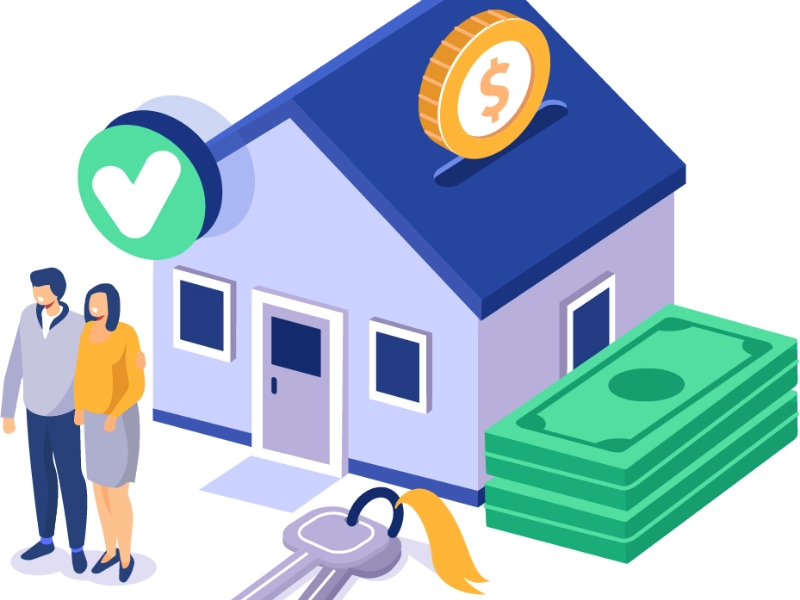
A loan to combine numerous credit card debt balances with interest rates greater than your mortgage rate could result in significant long-term financial savings. This is because you'll be making much smaller monthly payments and allocating a larger portion of each payment toward the principle amount reduction.
With the help of mortgage refinance loans, you may turn the equity in your house into cash that you can utilize for a number of things, including debt reduction. However, in order to be eligible for a mortgage refinance, which necessitates a property evaluation, you must have sufficient equity.
Furthermore, closing expenses associated with mortgage refinancing can offset any savings from cheaper interest rates or smaller monthly payments. To obtain individualized guidance and assistance in determining whether refinancing your mortgage to consolidate debt is in line with your long-term objectives, speak with a financial expert. You can then choose how to move forward.
Taxes

If you may benefit from having more than one monthly payment, homeowners who want to consolidate debt might consider a mortgage refinance. Refinancing will, however, come with fees and closing costs. If you plan to stay in your house long enough to benefit from lower interest rates and other charges to offset the costs, it might be worthwhile.
You'll need to meet the requirements for a refinance, which include having enough equity, a high credit score, and a low debt-to-income ratio. The benefits and drawbacks of other choices, such as a debt consolidation mortgage refinance, should also be considered.
A home equity loan, also known as a HELOC, is an additional option to a debt consolidation refinance since it enables you to obtain a second mortgage to settle your current debts. In the long term, these loans can save you thousands of dollars because they typically have interest rates lower than your regular mortgage. In addition, a HELOC's interest is usually tax-deductible.


